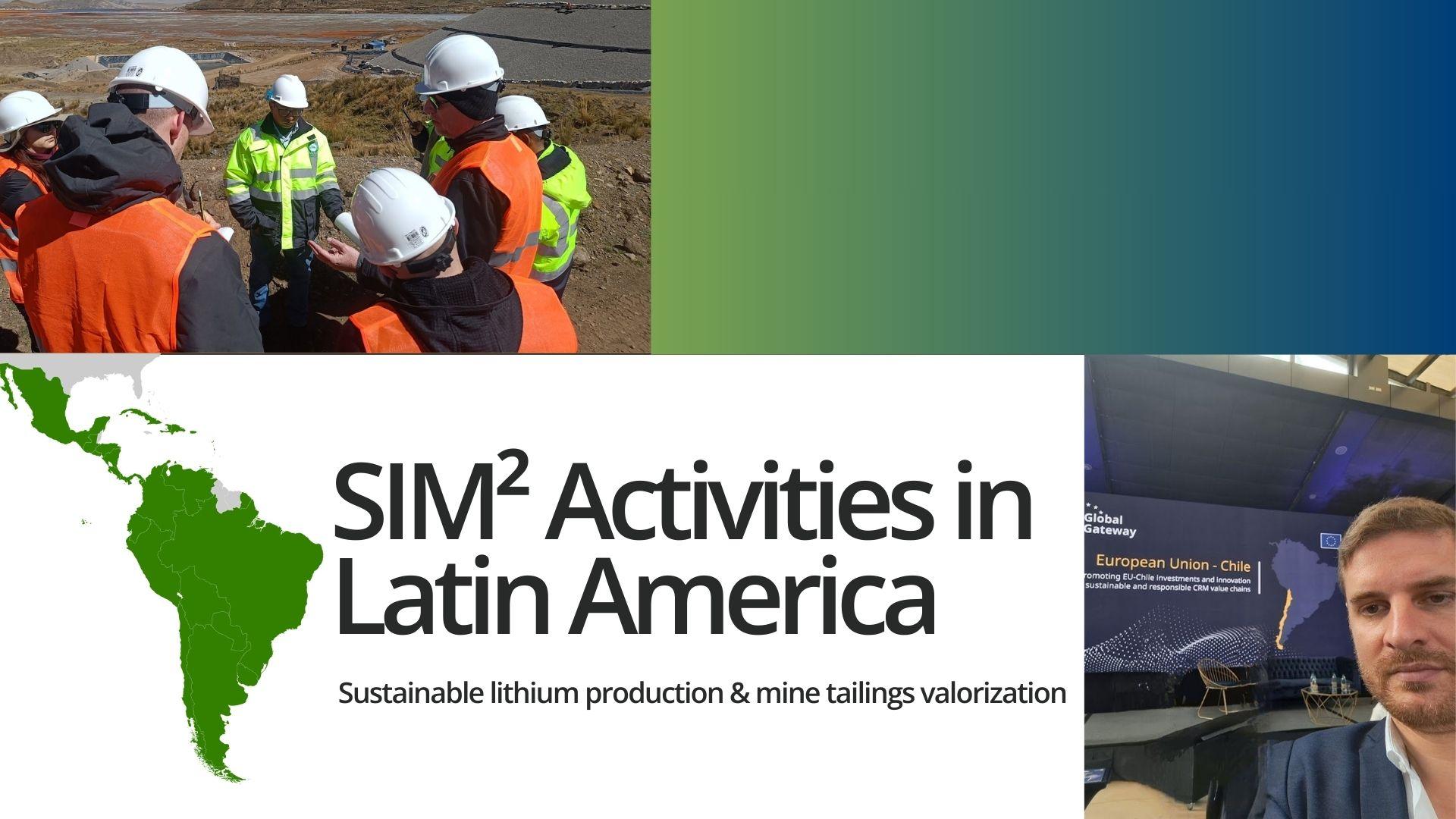The Life Cycle Engineering (LCE) research group of KU Leuven (SIM2 – KU Leuven) has developed a Deep Learning regression method for the quantitative analysis of aluminium post-consumer scrap using Laser Induced Breakdown Spectroscopy (LIBS). With the developed method, it is possible to determine the concentrations of alloying elements, such as silicon, copper, zinc, magnesium and manganese based on the LIBS data with a Mean Average Error (MAE) of 100 parts per million (ppm). Accurate determination of alloying element concentrations is crucial for sorting systems that aim to separate aluminium scrap into different alloy groups to facilitate wrought-to-wrought aluminium recycling.
Aluminium recycling
Sorting post-consumer aluminium scrap into alloy groups with LIBS reduces the quality losses that are currently common in aluminium recycling. By enabling wrought-to-wrought recycling (the use of wrought alloy scrap for the production of secondary wrought alloys), the downcycling of aluminium to secondary cast alloys can be avoided, which is common practice today. To make LIBS-based sorting systems for aluminium scrap successful, accurate classification methods are necessary. For this purpose a novel regression method is developed to determine alloying element concentrations with a MAE of 100 ppm, which makes it possible to determine the alloy type of scrap aluminium samples.
The developed method relies on an AI backbone model. The authors found that both a Back Propagation Neural Network (BPNN), which is a type of Artificial Neural Network, and Ghostnet, which is a type of Convolutional Neural Network (CNN), can serve successfully as the backbone model. The main novelty of the method is the addition of a multi-loss function. This function allows the model to independently improve the learning of the concentrations of the different alloying elements. The advantage of this loss function with respect to a single-loss function approach and more traditional regression methods has been demonstrated for a representative sample set of aluminium scrap.
AUSOM project
To increase the value of the regression model for applications outside the field of aluminium recycling, it is developed as such that it learns independently of matrix-specific features. As a result, the method can also be used to estimate concentrations of alloying elements and impurities in other materials. This has been demonstrated by the authors in the regression competition of the LIBS 2022 conference. Using the described method to estimate the concentrations of four alloying elements in steel samples, the authors ranked in the top 3 of the competition.
With this article, the LCE research group concludes three years of work on the European AUSOM project (https://www.ausomproject.eu/). In addition to the research on spectroscopic analysis, the group also investigated sorting methods based on computer vision, robotic grasping methods, and evaluated the environmental impact of aluminium sorting.
Reference to the paper
Simon Van den Eynde, Dillam Jossue Díaz-Romero, Isiah Zaplana, Jef Peeters, Deep learning regression for quantitative LIBS analysis, Spectrochimica Acta Part B: Atomic Spectroscopy, Volume 202, 2023, 106634. https://doi.org/10.1016/j.sab.2023.106634
LCE research group and EAVISE Research Group
- https://www.mech.kuleuven.be/en/research/LCE
- https://iiw.kuleuven.be/onderzoek/eavise/index.html
SIM² KU Leuven?
The LCE Research Group is part of the KU Leuven Institute for Sustainable Metals and Minerals. SIM² SIM² KU Leuven’s mission is to develop, organise and implement problem-driven, science-deep research and future-oriented education, contributing to the environmentally friendly production and recycling of metals, minerals and engineered materials, supporting the transition to a climate-friendly, circular-economy.
SIM² KU Leuven therefore designs, researches and exploits selective and efficient processes for the exploration, extraction, recovery, recycling and refining of (base and critical) metals and minerals, as well as for the upcycling of primary and secondary resources and the re- and demanufacturing of End-of-Life complex metal-containing products.
SIM² KU Leuven assesses and advances the environmental gains and the economic feasibility of the developed flow sheets. In order to support the Social License to Operate for the associated industrial activities, SIM² KU Leuven pro-actively engages with external stakeholders, including civil society groups and local communities. SIM² KU Leuven also assesses the potential health and environmental impacts of (primary) mining activities to support the transition to responsible mining.






